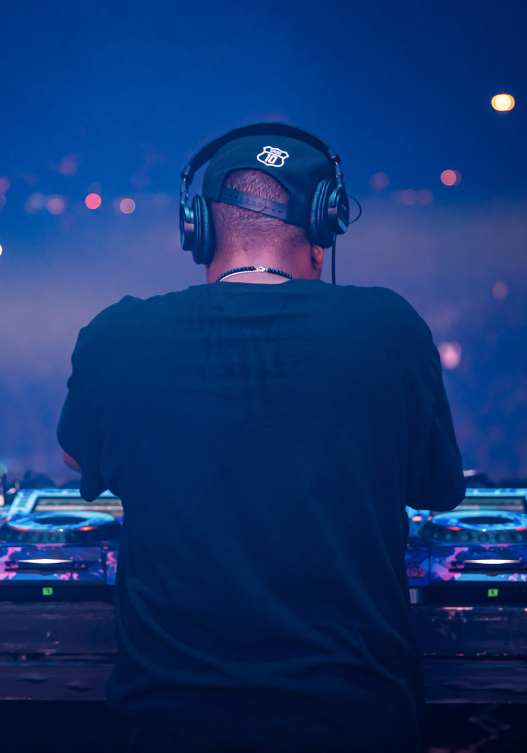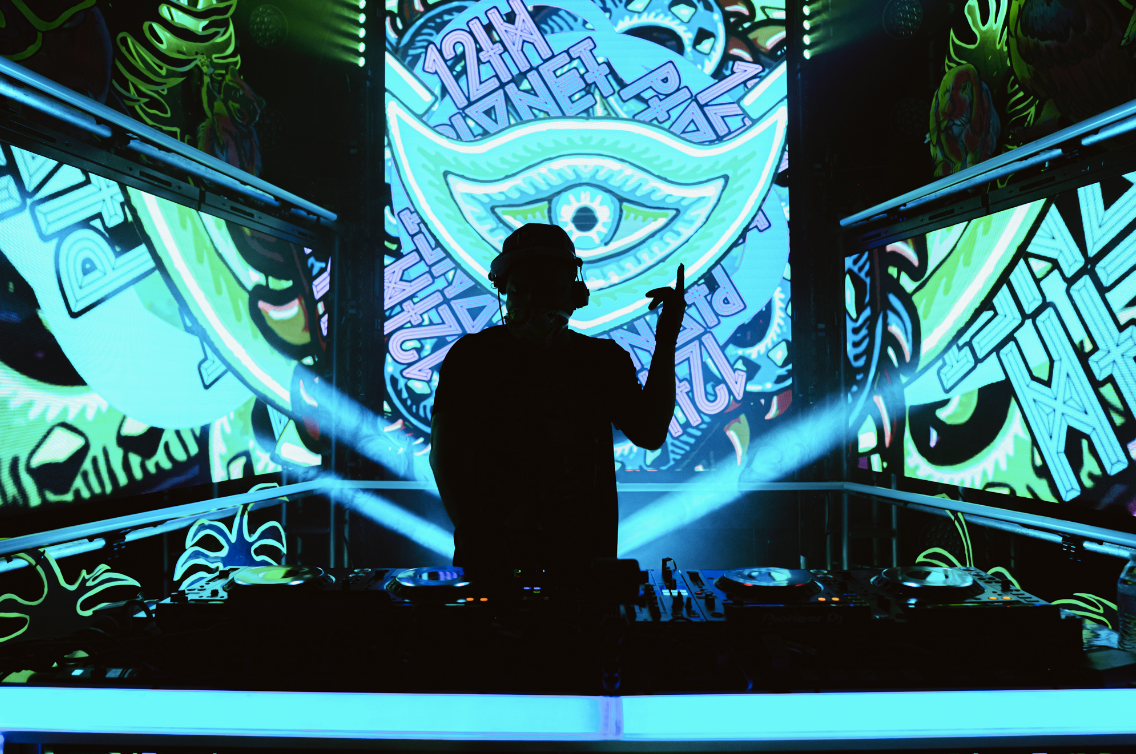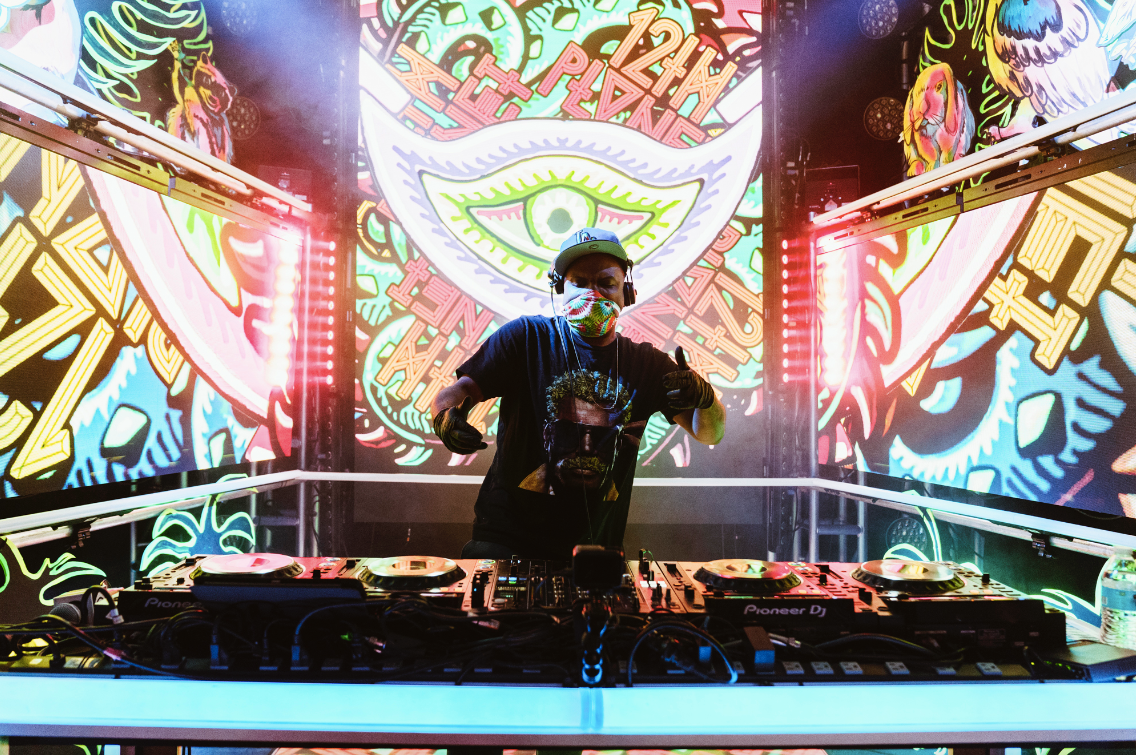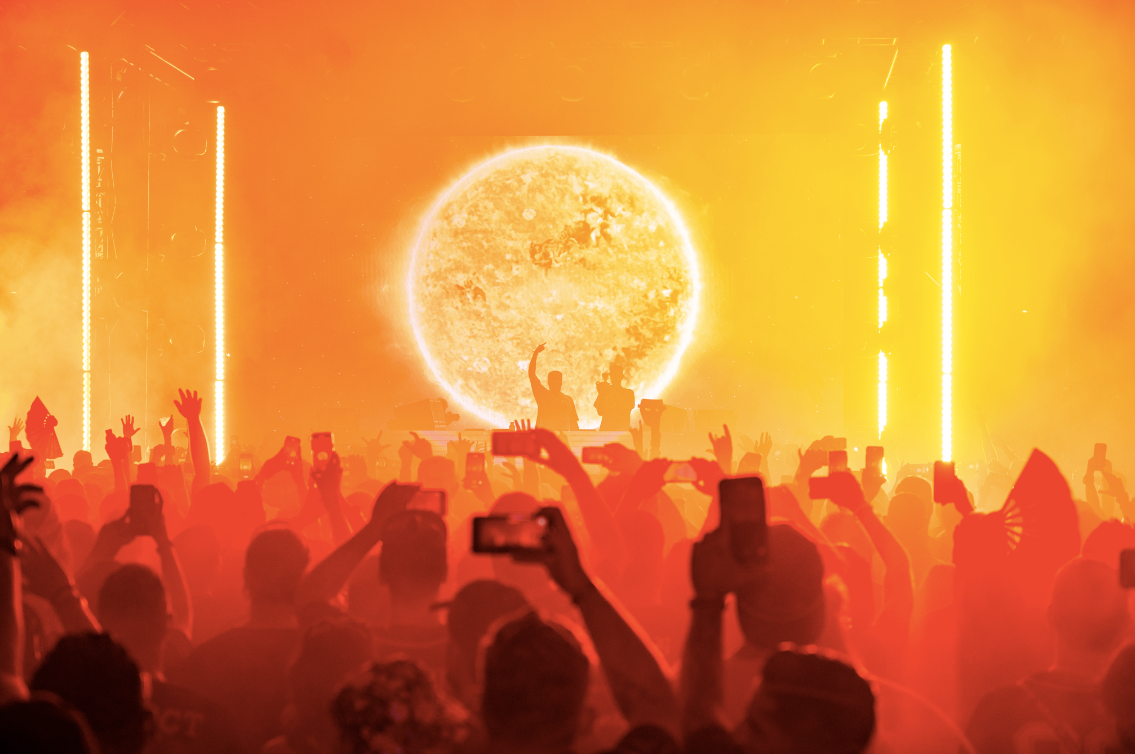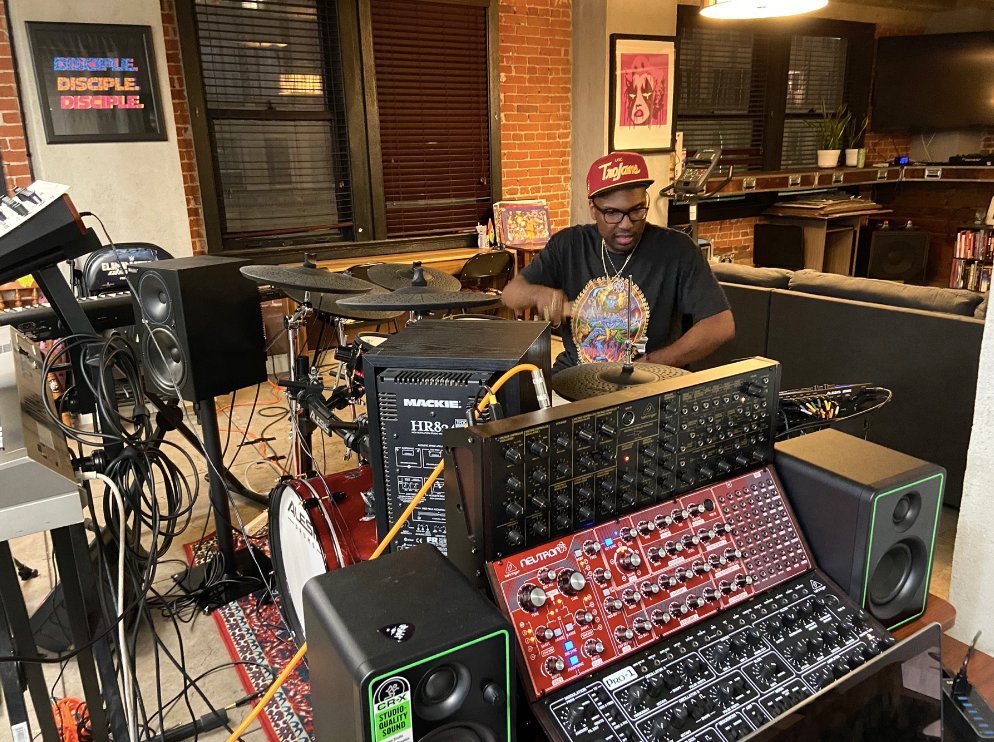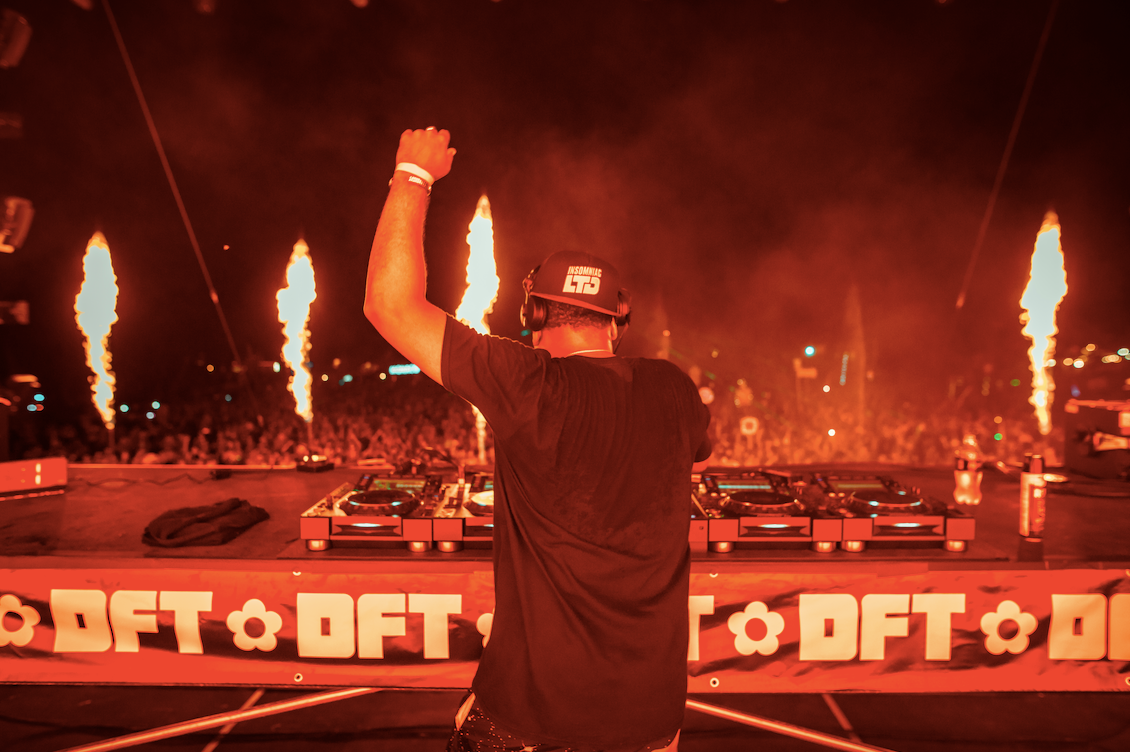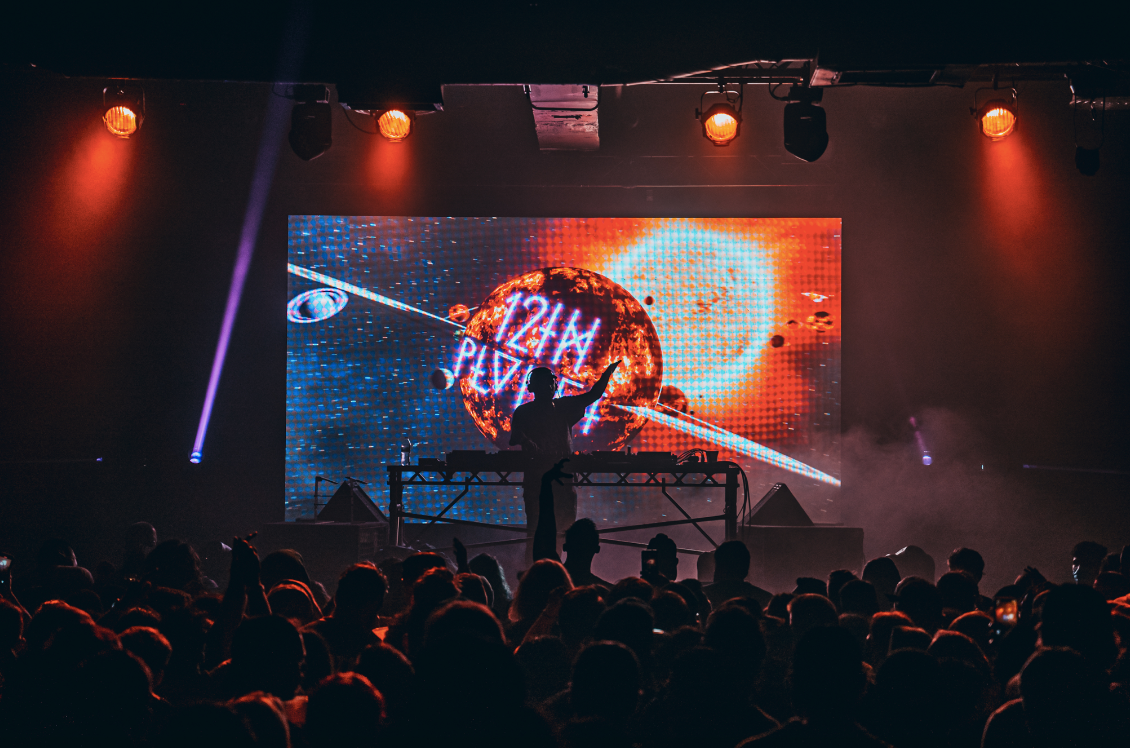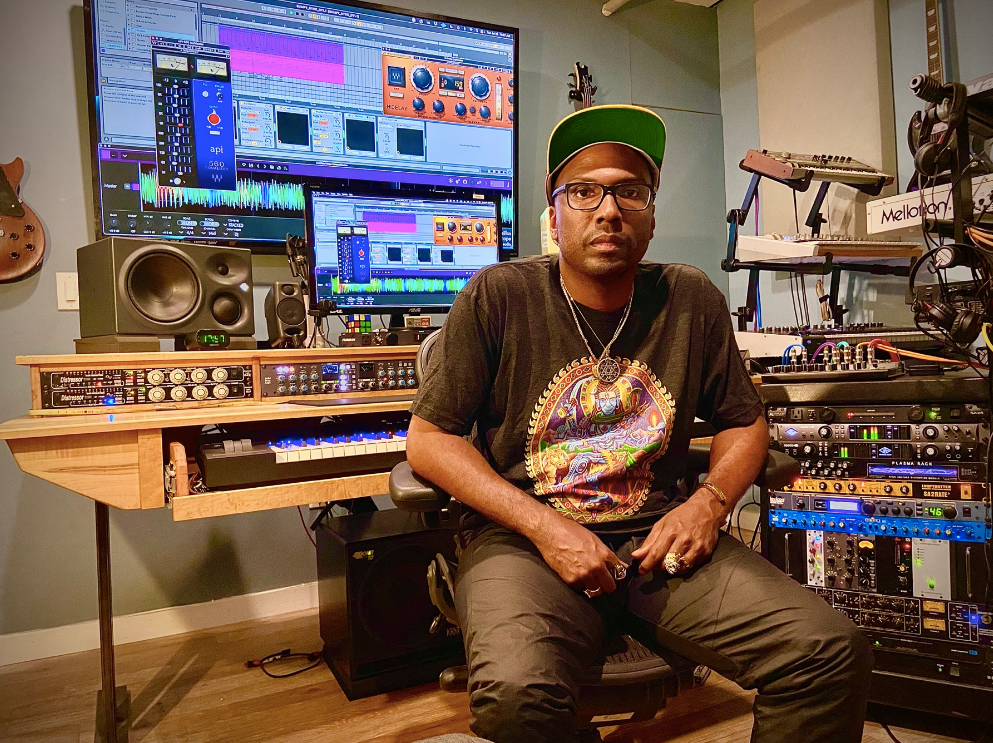American DJ and dubstep producer, John Dadzie (better known by his stage names 12th Planet and Infiltrata) reflects on his early musical influences, bringing dubstep culture to America, secret talents, music production, and his go-to Waves plugins.
What are you working on at the moment?
For the past year I’ve been really diving into hardware and building up my studio. I have got a lot of new pieces in my studio as well as learning the tendencies of them; it has been an incredible adventure.
Besides getting a bunch of new gear, I have noticed that there have been so many new plugins released lately. The game has really stepped up, so having the opportunity to learn all of these new tools and techniques has taken my level of production to new heights.
What are you working on production-wise?
I am writing a ton of new music! I am primarily writing dubstep for my 12th Planet project, but I’m also making other genres for myself. I am also writing music for a few different artists’ projects at the moment.
Being able to switch genres has been exciting for me, creatively. Lately I have been trying to switch up my workflow by writing different styles of music in order to take what I learned from those sessions and apply it to how I create my sound for my dubstep projects.
Before I start trying to finish other projects, I like to warm up by creating four or five ideas from any other genre. I try to dissect certain songs and see what kind of elements are being used and then recreate them from scratch. I have had so much fun doing that; it’s been a blast.
While knowing that some of these ideas will never see the light of day, I believe I’ve learned a lot more about song structure, sound design and musicality from just doing this routine.
I am also currently on a tour with Rusko called Dubplate Special, where we plan on adding a few more dates to the schedule. I hope we come to a city near whomever reads this and they might grab a ticket and come check it out!
I am going to be playing a lot of my unreleased music on this tour. On top of that, every night Rusko and I will be doing a b2b set that features dubstep from the good ol’ days, so if you’re into this style it's definitely one you do not want to miss.
